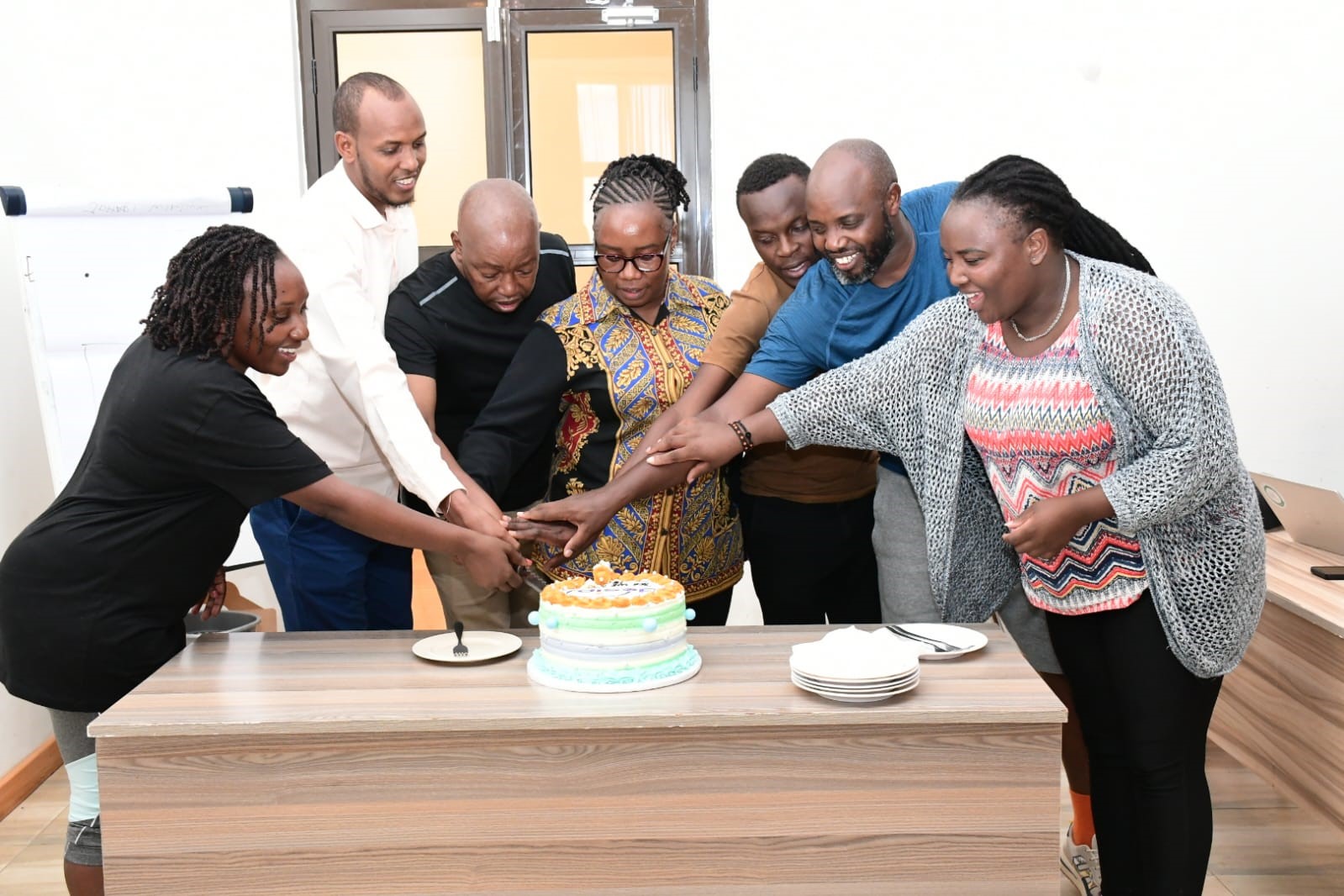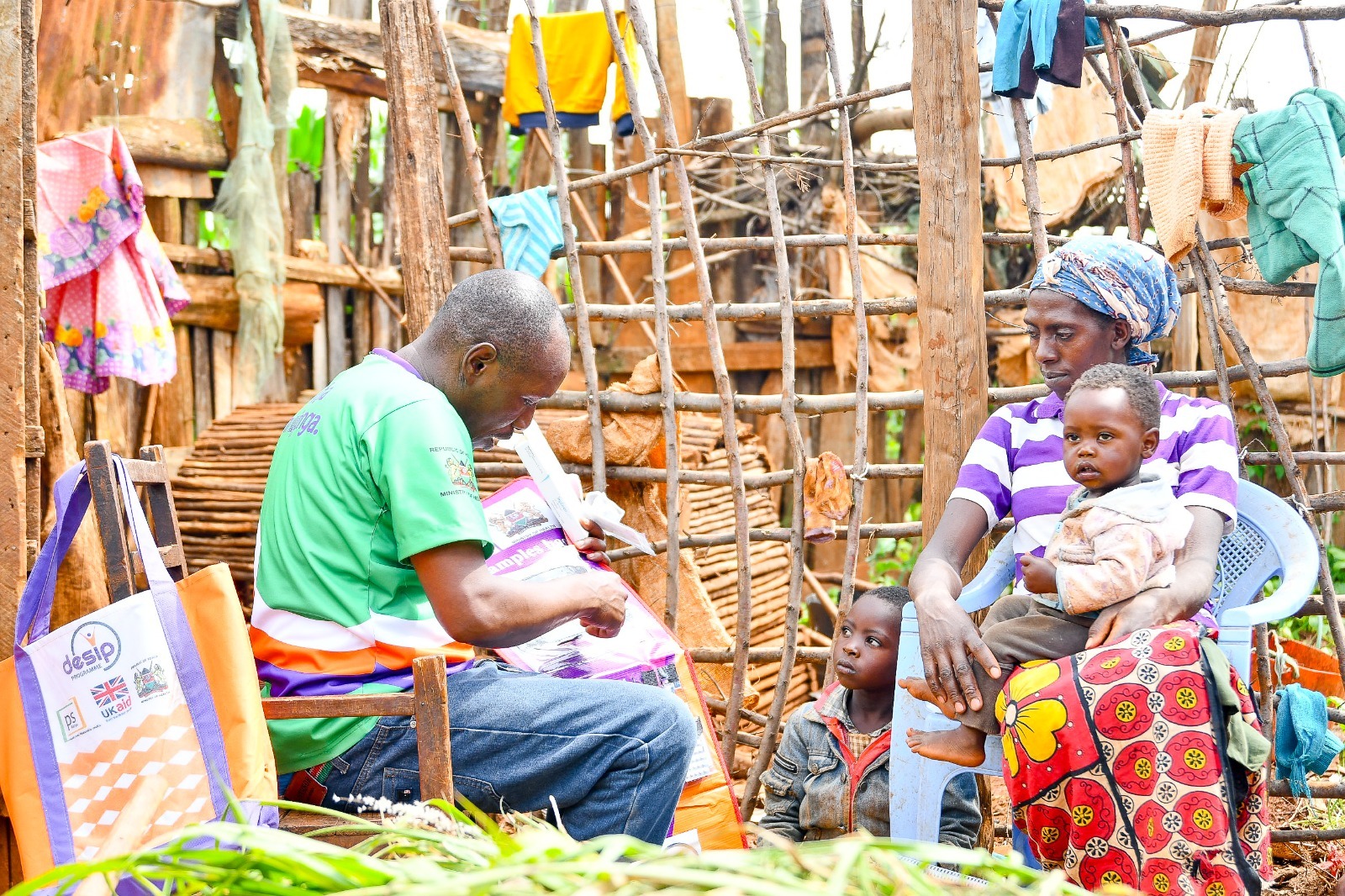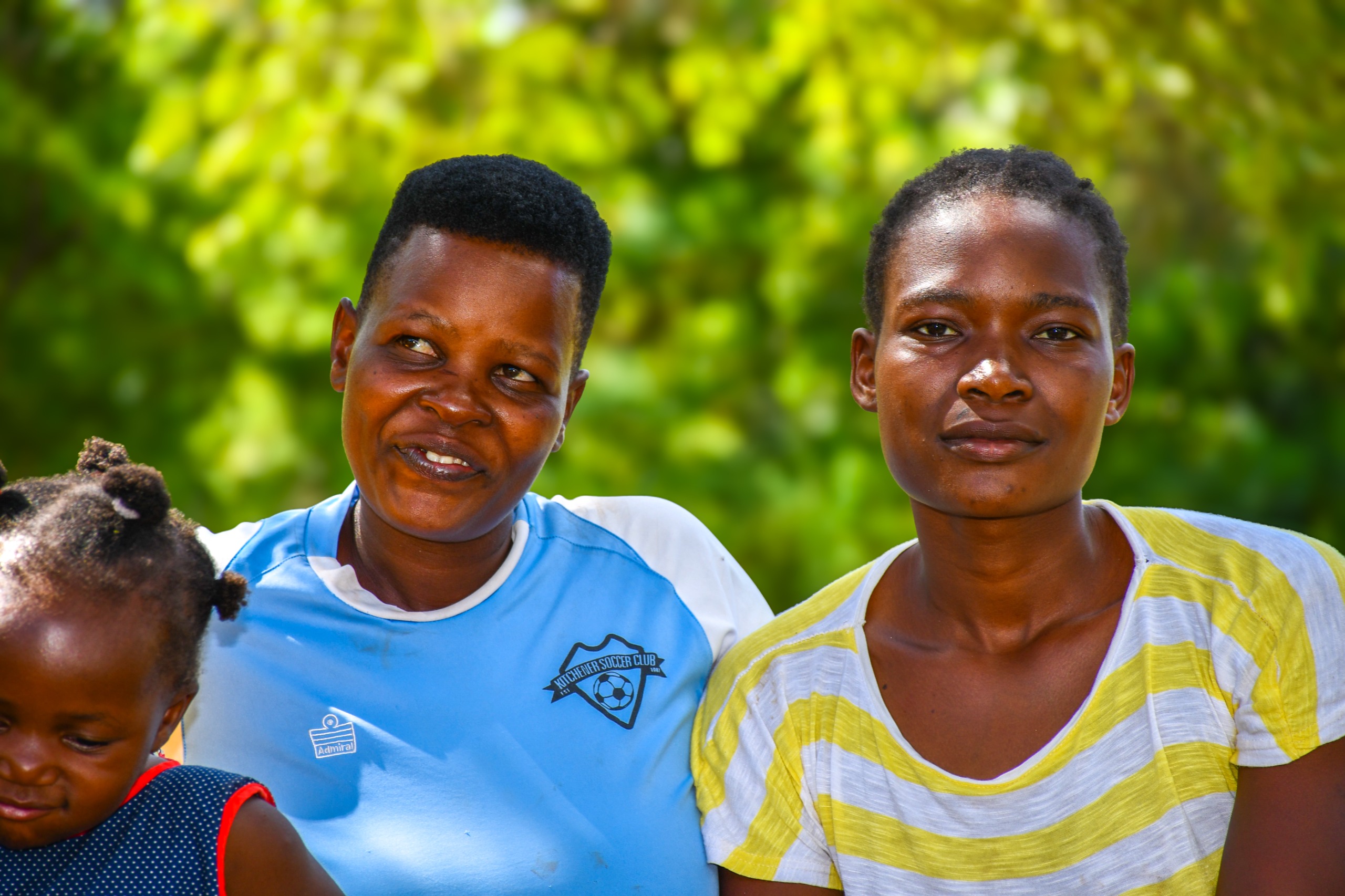Population Services Kenya (PS Kenya) joined the rest of the world in marking International Women’s Day, held on March 8, 2024, under the theme “Invest in women: Accelerate Progress.” In collaboration with a local leading media house, the women-led NGO took part in an event held at the Windsor Hotel and Golf Club that brought together various organisations from the private and public sectors with a keen interest in championing for female empowerment and ensuring that women’s and girls’ rights are upheld in all areas of their lives.
The event theme highlighted the crucial role economic participation plays in achieving a more equitable world for all. It underscored key points, inter alia, that economic empowerment was fundamental to women’s overall health and wellbeing and independence. Notable industry leaders and women in leadership were present, including the Chairperson of the Council of Governors, H.E. Anne Waiguru, who presented the keynote address. Also contributing to the overall success of the event, PS Kenya’s CEO, Dr. Njenga, participated in a power panel moderated by media icon Janet Mbugua under the theme “Promoting and Advocating for Gender Equality: Challenging Gender Stereotypes and Mentoring Women and Girls.” The discussions revolved around the nexus between women’s health (reproductive health, mental health, and access to healthcare) and economic empowerment.

Dr. Njenga highlighted the plight of many adolescent girls in Kenya under the emerging triple threat of sexual gender-based violence, HIV infection, and teenage pregnancy, which currently holds a national prevalence of 15%. She also echoed the major concerns with teenage pregnancy, which often spell out the end of schooling for adolescent girls, the beginning of motherhood in childhood, and an uncertain future for the underage mother and her child for those who survive the health risks associated with teenage pregnancies.
“Teenage pregnancy is a crisis because it is a critical development issue. When women are educated, they stay longer in school, they are economically empowered to make more resources for their own households, and they make better decisions. In PS Kenya, that is some of the work that we do, particularly in rural and marginalised counties,” stated Dr. Njenga.
According to the 2022 Kenya Demographic Health Survey (KDHS), teenage pregnancy rates declined to 15% in 2022 from 18% in 2014. Poverty and lack of education were associated with higher rates of adolescent pregnancy, as about 4 in 10 women aged 15–19 who have no education have ever been pregnant, as compared to only 5% of women who have gone beyond secondary education. PS Kenya addresses such issues through its various reproductive health projects, such as Binti Shupavu, which is implemented in four counties with the highest prevalence of teenage pregnancies, namely Narok, Kilifi, Homabay, and Migori. The project takes the adolescent girls through a comprehensive curriculum that focuses on various business and vocational skills while empowering them with information on family planning.
Dr. Njenga concluded with a call to action for collaboration among all key stakeholders, including development partners, governmental and non-governmental actors, and the public and private sectors. She also insisted on increased domestic investment in adolescent reproductive health in order to bolster donor funding and foster self-reliance in the wake of dwindling donor support. Further, school re-entry strategies for teenage mothers as well as campaigns to end stigma associated with teenage pregnancy were part of her submissions in her final remarks.
PS Kenya got a chance to showcase its various interventions in the world of reproductive health, including its DESIP and Accelerate projects, with the former being in 12 counties and working towards contributing to reduced maternal mortality, newborn and child mortality, and an increased modern contraceptive prevalence rate, and the latter focusing on achieving the three ICPD25 promises of zero maternal deaths, zero unmet need for contraception, and zero gender-based violence and harmful traditional practices in 13 counties. PS Kenya will continue to push barriers in order to ensure that women and girls, particularly the young, rural, and marginalised, have the opportunity to accelerate progress and contribute to the overall advancement of communities and nations.



